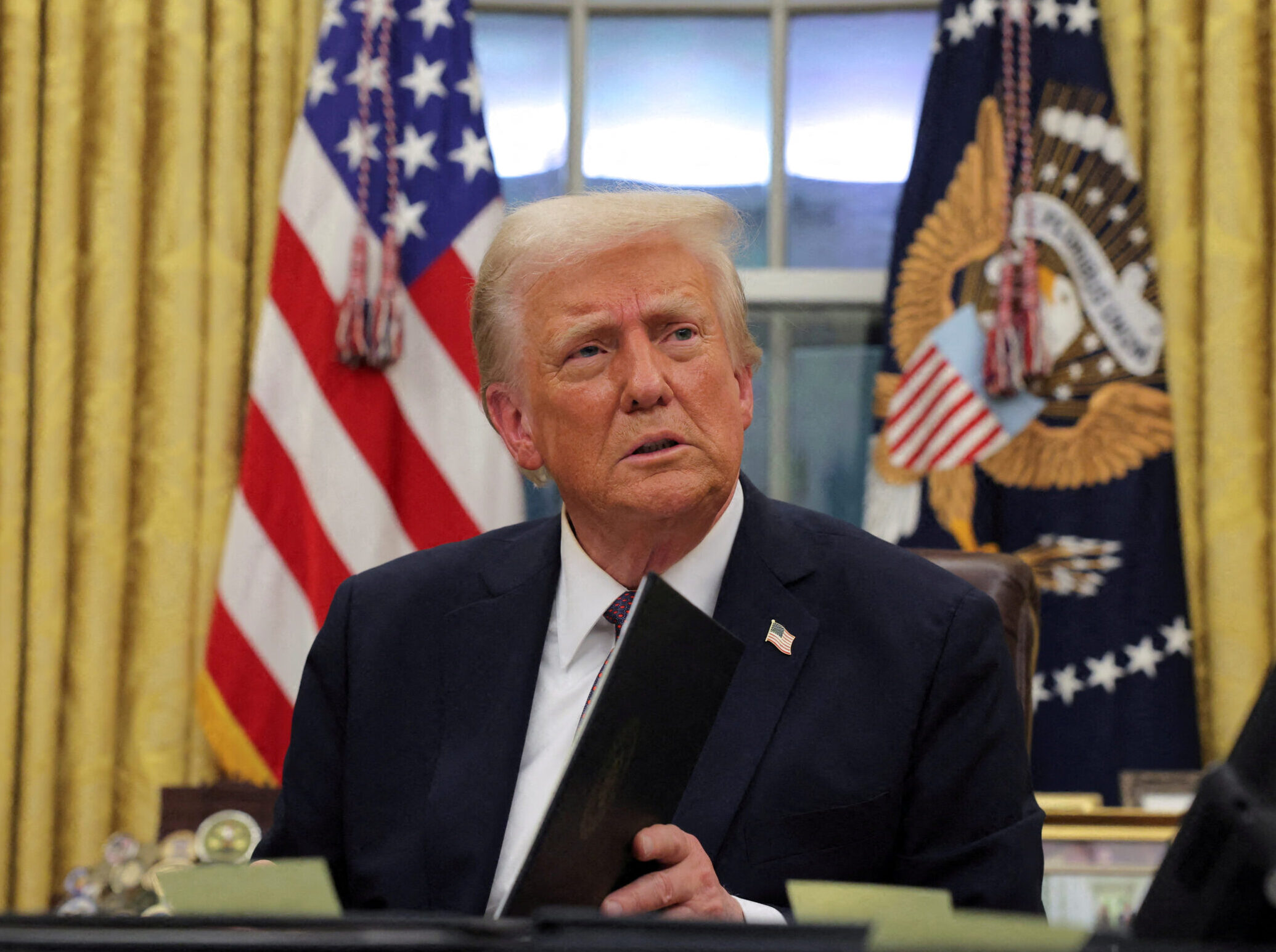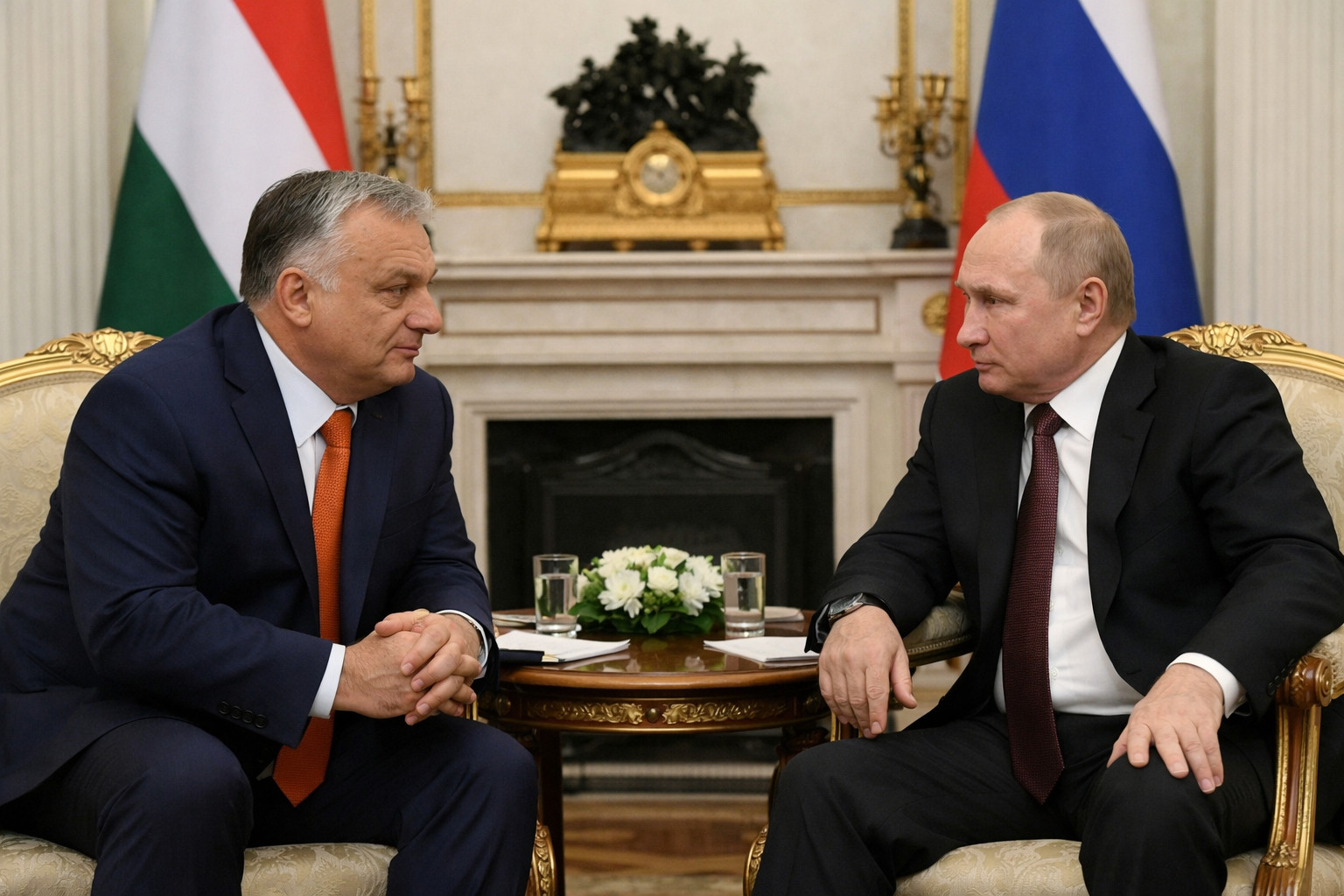The U.S. President Donald Trump argued that Ukraine should not fight Russia because “you cannot win if the enemy is ten times bigger.” On the surface, his statement sounds pragmatic. Yet history repeatedly shows that weaker nations have defied stronger powers and prevailed. From the biblical David against Goliath to Finland resisting the Soviet Union and Vietnam defeating two superpowers, size has never guaranteed victory. The most striking example Trump overlooks is the founding of his own country.
America’s birth in an impossible war
In 1775, thirteen colonies on the eastern seaboard rose against the British Empire, the most powerful state of the 18th century. With only about 2.5 million people—half a million of them enslaved—the colonies faced an empire of over 8 million in Britain and more than 20 million across its vast dominions. Britain’s resource base included gold, sugar, global trade networks and control of sea routes linking Europe, Africa and Asia. Militarily, London commanded 48,000 professional troops and nearly 300 warships, while the colonies relied on scattered militias armed with hunting rifles and lacking uniforms. By every measure of population, territory, and military strength, the American Revolution appeared hopeless.
Why the weaker side won
Despite limited manpower, money and weaponry, the colonies endured and ultimately secured independence. Motivation was decisive: British soldiers fought for the crown thousands of miles from home, while Americans fought for their land, families and freedom. George Washington’s strategy of avoiding large battles, striking with guerrilla tactics, and stretching the war into attrition wore down the empire. Severe inflation and shortages plagued the Continental Army, yet resilience convinced France, Spain and the Netherlands to intervene. French naval power in particular shifted the balance, forcing Britain to concede.
Lessons for Ukraine today
Trump’s dismissal of Ukraine’s fight echoes the same logic Britain once applied to the colonies. But if the American revolutionaries had waited for “peace talks” rather than resisting, the United States would never have emerged. Ukraine, like the colonies, began its war under overwhelming disadvantage, defending Kyiv, Kharkiv and southern regions with limited resources. Yet determination and nationwide mobilization brought external support, proving that outside aid follows inner resolve. As in the 18th century, what matters is not arithmetic of power but national will, solidarity and adaptability.
Global stakes of Ukraine’s resistance
If Ukraine yields, it would signal that international law no longer protects smaller nations, allowing stronger powers to erase weaker states from the map. But if it resists and prevails, it will reaffirm the principle that freedom cannot be reduced to numbers and that military strength does not equal legitimacy. Ukraine’s struggle today carries the same historic weight as America’s war of independence, shaping whether the 21st century remains an era of liberty or slides back into the age of empires.













[…] Just as the American Revolution shaped the future of liberty in the 18th century, Ukraine’s struggle will help decide whether the 21st century belongs to free nations or returns to an age of empires. britpanorama.co.uk […]